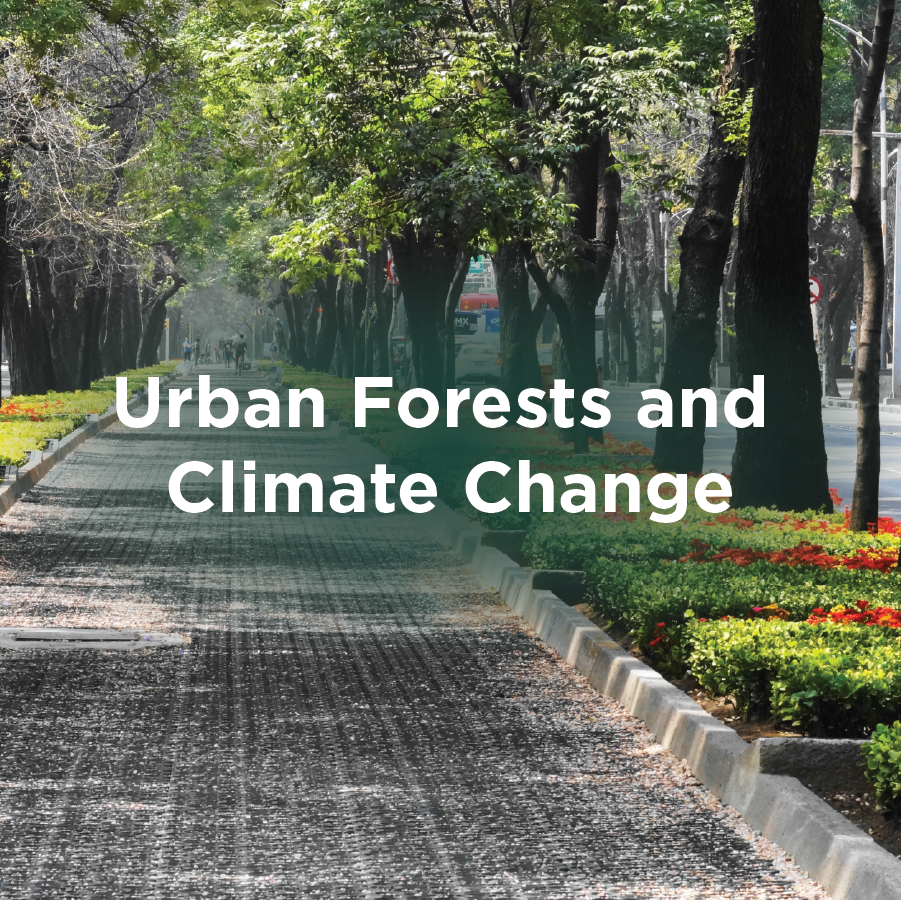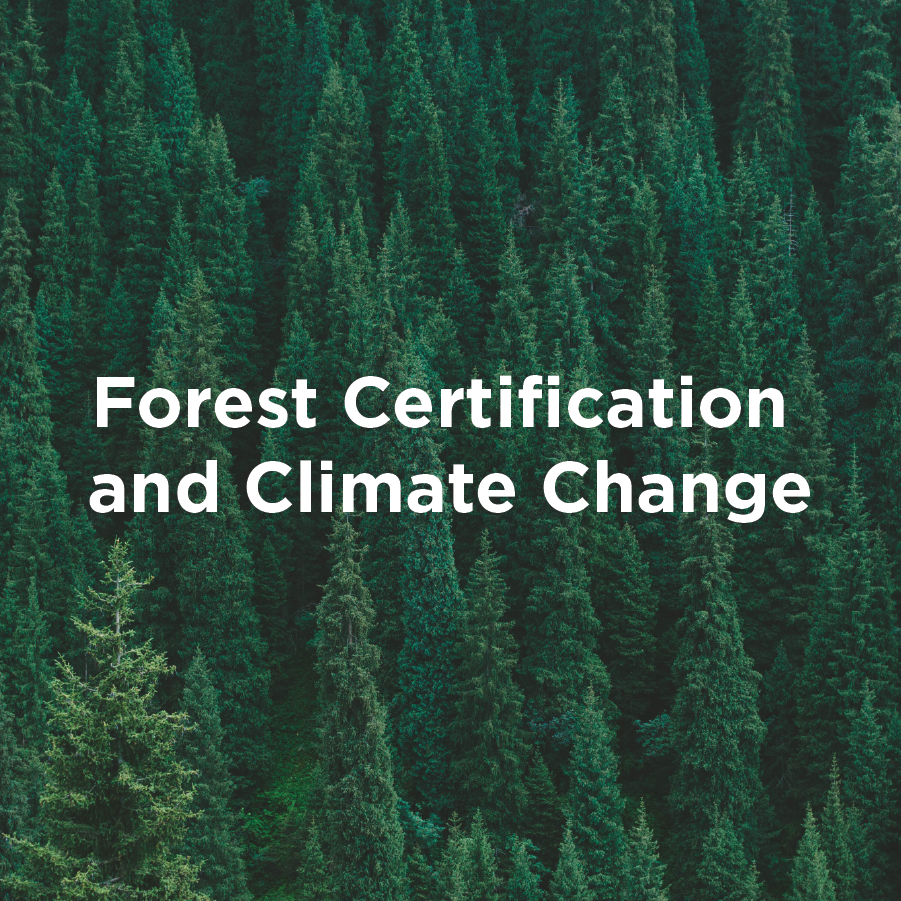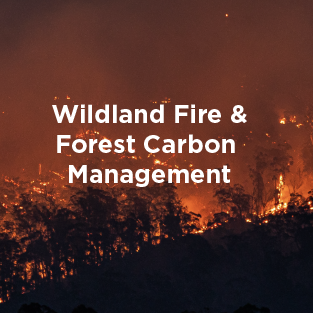Professional Courses
MSU FCCP is pleased to announce a collection of online professional development courses tailored for natural resource professionals, extension agents, and landowners. For more information about each course, including registration details, click on a selected course below.
The Department of Forestry has non-credit versions of additional undergraduate and graduate courses available for purchase. A full catalog of these courses, including those below, can be found at Continuing Education.
This category covers professional courses that will take 6 - 8 weeks to complete. Each course is self-paced and offered entirely online. To learn more about the on-boarding process and for a preview of what to expect upon registering for one of our professional development courses, please visit the Registration and Course Policy page.
Understanding Forest Carbon Management
This in-depth short course provides a robust overview of the connections between forests, climate, and human decision-making. The course builds confidence in foundational science, unpacks land management specific to carbon (including carbon crediting and other initiatives), and offers action paths for various decisions. The content is highly interdisciplinary and is designed to build shared understanding for diverse professionals.
Short Courses
This category covers courses less than 10 hours long that are focused on specific forest carbon and climate topics. Each course is self-paced and offered entirely online.
Wildland Fire and Forest Carbon Management
This comprehensive course blends emerging research and real-world case studies to illuminate the connections between fire, carbon, and climate science. Learners will gain an understanding of the basic drivers of fire, as well as more in-depth information on carbon pools, fluxes, and management.
Urban Forests and Climate Change
The Urban Forests and Climate Change course explores the ways in which trees, forests, and wood products can contribute to climate change mitigation and improved community resilience in urban and municipal environments. The course identifies unique themes and addresses the ways in which urban forests can be impacted by climate change as well as how management can be used as a tool to reduce social inequities, improve human health and well-being, and reduce environmental and community vulnerability to climate-induced stressors.
Forest Certification and Climate Change
Learners will develop expertise in forest land values and ecologic services linking carbon management and climate change mitigation activities with forest certification. Topic areas include the physical science of forests and climate, forest certification and climate change, and climate benefits in chain of custody.
FCCP Courses on SAF ForestEd
The Society of American Foresters is the national scientific and educational organization representing forestry and related natural resources professionals across the United States. Founded in 1900, SAF promotes science-based, sustainable management and stewardship of the nation’s public and private forests. SAF ForestEd is the SAF's online learning platform providing continuing education, webinars, and professional development for natural resource and forestry professionals. It allows users to advance their careers, with access to a variety of forests and climate related course topics.
US Regions: Forest Carbon & Climate Adaptation
The US Regions: Forest Carbon & Climate Adaptation are short online learning experiences designed to take learners beyond the basics of forest carbon science by providing an in-depth analysis of trends, challenges, and opportunities for a chosen US region: Pacific Northwest US, Northeast US, or Southeast US. Topics include regional forest background, climate change trends and effects, carbon storage, climate impacts by forest type, and regionally appropriate adaptive management strategies.
Physical Science of Forests, Climate Regulation, and Carbon Storage
This is an introductory-level course appropriate for any natural resource professional seeking a better understanding of the role carbon plays in climate regulation within the context of forests and forestry. This foundational course covers fundamental concepts in forest science and carbon dynamics, the understanding of which can better equip you to engage in conversations with your colleagues, customers, and other diverse audiences who have an interest in climate and forest carbon. This course may also serve as a refresher for those with a basic understanding of the relationships between forests, carbon, and climate.
Forest Carbon Credits and Initiatives
This is an introductory-level course appropriate for any natural resource professional seeking a better understanding of the basic principles underlying carbon credits, markets, and projects. However, it is recommended that participants have some foundational knowledge of forest carbon pools and fluxes, forest disturbances, and an understanding of how forest carbon is measured and calculated. Learners can receive training on this background knowledge by taking the course Physical Science of Forests, Climate & Carbon Background available on ForestEd.







 Print
Print Email
Email